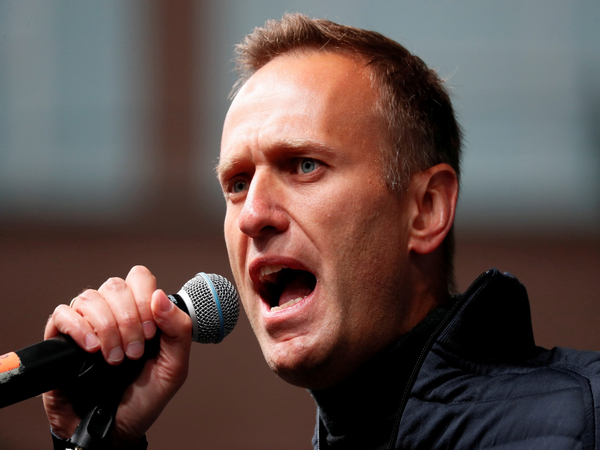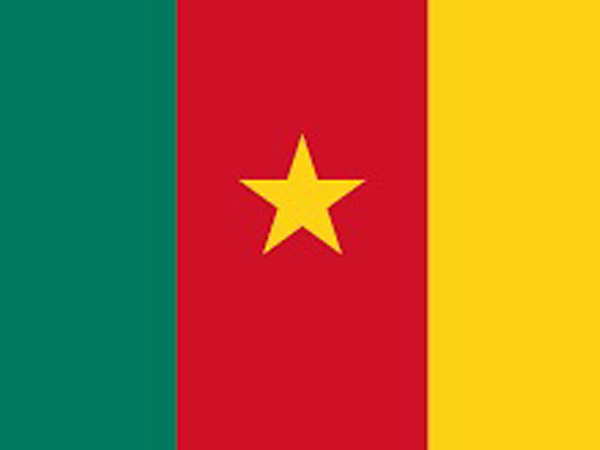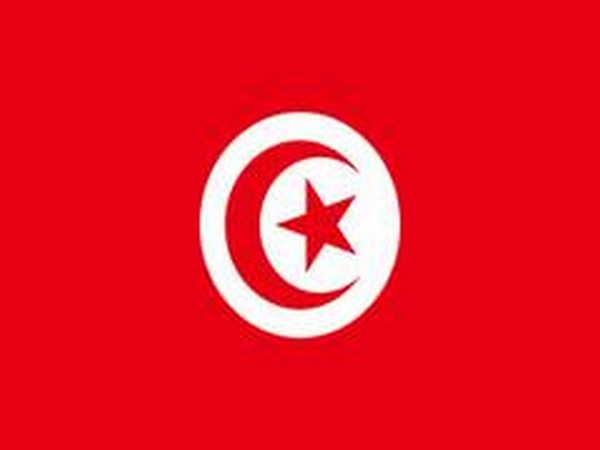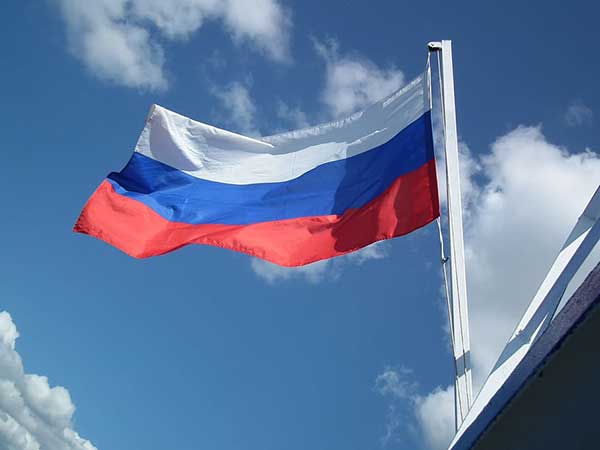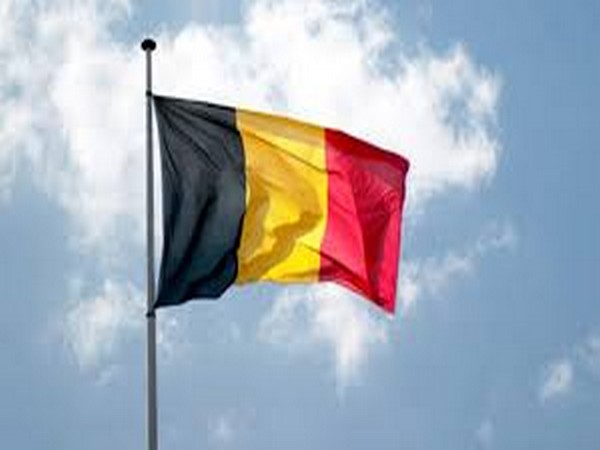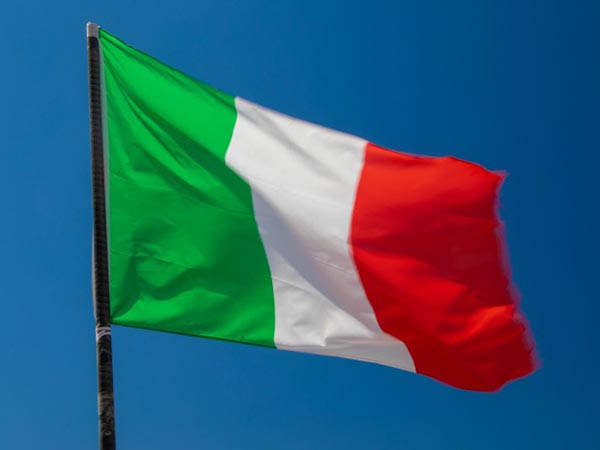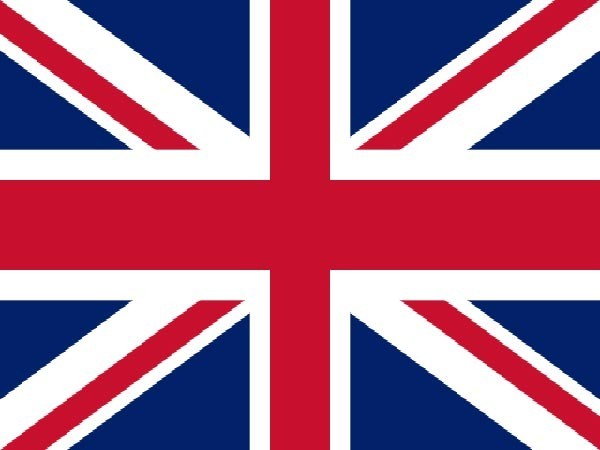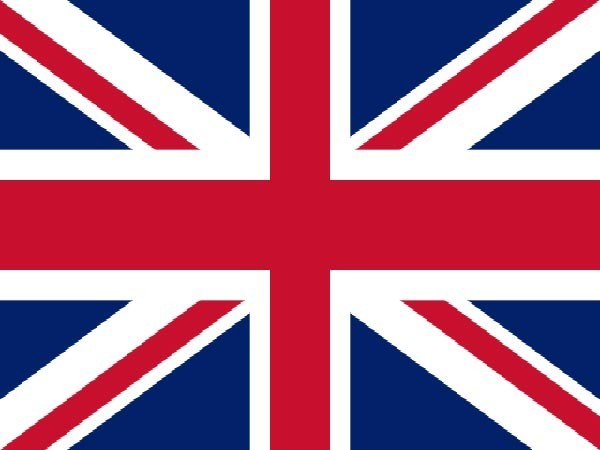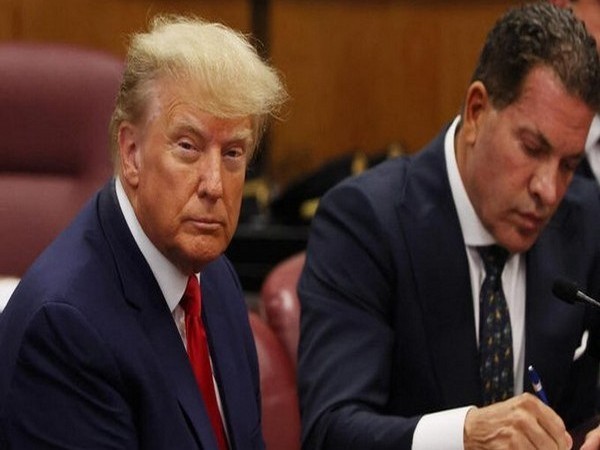Dozens detained in Russia as Navalny family seek body
Feb 18, 2024
Moscow [Russia], February 18: Alexei Navalny's supporters on Saturday accused Russian authorities of being "killers" who were "covering their tracks" by refusing to hand over his body, as the Kremlin stayed silent despite Western accusations and a flood of tributes to the late opposition leader. The 47-year-old Kremlin critic died in an Arctic prison on Friday after spending more than three years behind bars, prompting outrage and condemnation from Western leaders and his supporters.
His death, which the West has blamed on the Kremlin, deprives Russia's opposition of its figurehead just a month before elections poised to extend President Vladimir Putin's grip on power. On Saturday, Navalny's mother, Lyudmila and his lawyer were refused access to his body, after arriving in the region of the remote prison colony where he had been held, his spokeswoman Kira Yarmysh said. "It's obvious that the killers want to cover their tracks and are therefore not handing over Alexei's body, hiding it even from his mother," Navalny's team said in a post on Telegram.
Russian police on Saturday moved swiftly to break up small protests and memorials in honor of the deceased Kremlin critic. They arrested more than 340 people in 30 cities, the OVD-Info rights group said. In the capital Moscow, AFP reporters saw two people being detained at a makeshift tribute in central Moscow, while hundreds of tearful mourners laid flowers in the snow. "Alexei Navalny's death is the worst thing that could happen to Russia," said one note left among the flowers.
After initially pushing back at accusations they were to blame, the Kremlin made no mention of his death on Saturday, despite an angry chorus of condemnation from Western leaders. G7 foreign ministers meeting in Munich held a minute's silence for the leader on Saturday, while US President Joe Biden pointed the blame at Putin. "Make no mistake, Putin is responsible for Navalny's death," he said on Friday.
Speaking at the Munich Security Conference hours after news of her husband's death, Yulia Navalnaya said Putin and his entourage would be "punished for everything they have done to our country, to my family and to my husband". She called on the international community to "unite and defeat this evil, terrifying regime".
Russian Nobel Peace Prize winner Dmitry Muratov said Navalny's death was "murder" and that he was "tortured and tormented" for all of the three years he spent in prison. Tributes continued to pour in on Saturday, as supporters staged anti-Putin protests and set up memorials to Navalny at Russian diplomatic missions around the world.
In Russia, police detained hundreds of people who had laid flowers at monuments to the victims of political repression, rights groups said. In a video posted by the independent Sota outlet from the capital Moscow, a woman could be heard screaming as a crowd of police officers forcefully detained her, to chants of "shame" from onlookers.
Another showed a group of people in plain clothes removing flowers from a monument opposite the former headquarters of the Soviet secret police, while police blocked off the area. On a bridge next to the Kremlin, hooded men were seen scooping up flowers into bin bags that had been laid at an unofficial memorial to Navalny ally, slain Kremlin critic Boris Nemtsov.
Russia's federal penitentiary service said Friday the Kremlin critic had died after he "felt bad after a walk" and lost consciousness. One of Navalny's lawyers, Leonid Solovyov, told the Novaya Gazeta newspaper that he was "normal" when another lawyer saw him on Wednesday. In footage of a court hearing from his prison colony on Thursday, Navalny was seen smiling and joking as he addressed the judge by video link.
Navalny, who led street protests for more than a decade, became a household name through his anti-corruption campaigning. His exposes of official corruption, posted on his YouTube channel, racked up millions of views and brought tens of thousands of Russians on to the streets, despite harsh anti-protest laws. He was jailed in early 2021 after returning to Russia from Germany, where he was recovering from a near-fatal poisoning attack with Novichok, a Soviet-era nerve agent.
A subsequent investigation by his team and several media outlets said a Russian FSB hit squad was behind the attack. Upon his return he was hit with a barrage of charges, including a 19-year prison sentence for "extremism", widely condemned by rights groups and seen in the West as retribution for his opposition to the Kremlin.
His decision to go back to Russia despite knowing he would face jail brought him global admiration. "I'm not afraid and I call on you not to be afraid," he said in an appeal to supporters as he landed in Moscow, moments before being detained on charges linked to an old fraud conviction. His arrest spurred some of the largest demonstrations Russia had seen in decades, and thousands were detained at rallies nationwide calling for his release.
From behind bars, Navalny was a staunch opponent of Moscow's full-scale military offensive against Ukraine and was forced to watch on, helplessly, as the Kremlin dismantled his organization and locked up his allies. Dozens of his top supporters fled into exile and continued to campaign against the offensive on Ukraine and repression inside Russia.
Late last year, Navalny was moved to a remote Arctic prison colony nicknamed "Polar Wolf" in Russia's Yamalo-Nenets region in northern Siberia. He said in January that his daily routine included prison walks in freezing temperatures. Since being jailed, he spent more than 300 days in solitary confinement, where prison authorities kept him over alleged minor protocol infringements.
The last post on Navalny's Telegram channel, which he managed through his lawyers and team in exile, was a tribute to his wife posted on Valentine's Day. In a documentary filmed before he returned to Russia, Navalny was asked what message he wanted to leave to the Russian people should he die or be killed. "Don't give up. You mustn't, you can't give up," he said. "All it takes for evil to triumph is for good people to do nothing. Therefore, don't do nothing." - AFP
Source: Kuwait Times
